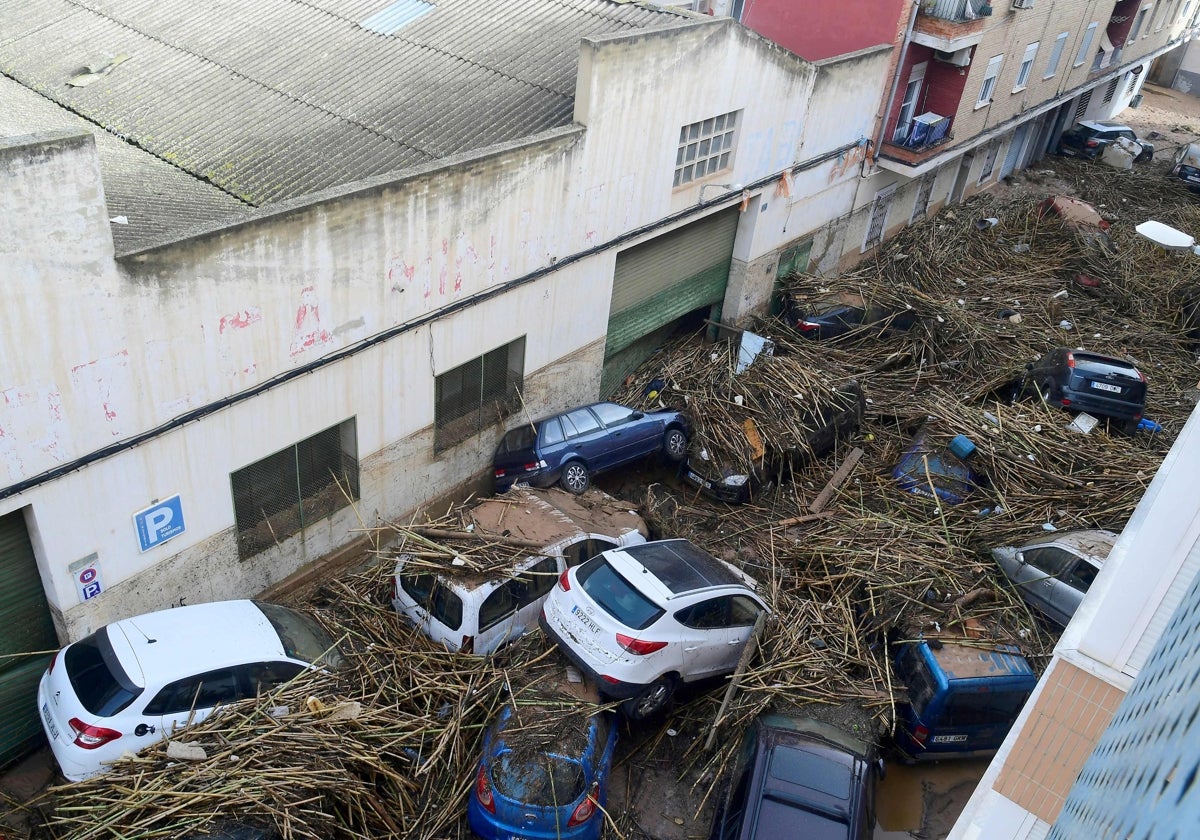Children to Face Double or Triple the Natural Disasters Compared to Their Grandparents
If global warming is not halted immediately, heatwaves, crop failures, floods, droughts, and mega forest fires will become increasingly frequent and intense.
Alfonso Torices
Madrid
Thursday, 5 June 2025, 17:15
Children in Spain under the age of five, born from 2020 onwards, are expected to endure between double and triple the impact of extreme weather events compared to their grandparents, unless urgent and decisive measures are taken to curb global warming. As the 21st century progresses, unprecedented levels of heatwaves, crop failures, droughts, floods, and mega forest fires will be endured, according to research by Save the Children and the Vrije Universiteit Brussel (Belgium).
Experts estimate that if the intermediate climate change scenario prevails, with a 2.7-degree rise from pre-industrial levels (the most likely scenario given the minimal emission reductions agreed so far), over 90% of children in the four most affected regions by global warming—Aragon, Catalonia, La Rioja, and the Valencian Community—will experience at least one extreme weather event per year. The situation will be only slightly better for the rest.
The study specifically indicates that 94% of today's children across the country will face an unprecedented exposure to heatwaves, with nearly four times as many affected as those born in the 1960s, their grandparents. Only if the world takes decisive action against CO2 emissions to limit warming to the 1.5 degrees agreed in the Paris Agreement, the number of future affected could decrease by 50%. However, if current commitments are not maintained and the temperature rises by 3.5 degrees, the forecast of disasters is alarming.
Nevertheless, projections up to 2100 within the intermediate scenario suggest that Spanish children under five will face triple the droughts their grandparents did, double the crop failures, and six times more forest fires. What were exceptional events for those born in the 1960s will become increasingly frequent, intense, and prolonged for their grandchildren.





